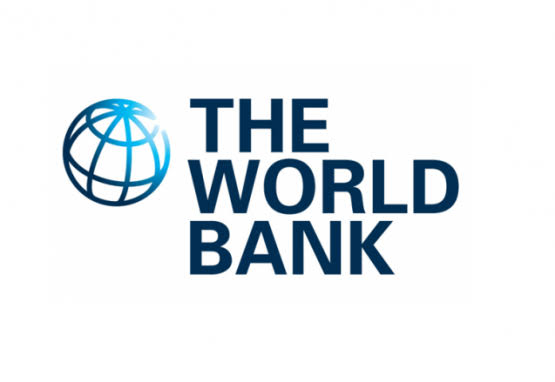
The World Bank in a report released on the 11th of January, 2022 estimated a 2.5 percent economic growth in Nigeria for the year 2022, 0.1 percent higher than the projection for 2021.
The report was titled ‘Global Economic Prospects’; in the report, the World Bank stated that the elevated commodity prices are anticipated to assist near-term recovery in the Sub-Saharan region of Africa, as well as the increase in the price of oil and the easing of the Organization of Petroleum Exporting Countries production cuts, which will benefit countries like Nigeria and Angola.
The report also stated that the economic growth in Nigeria is expected to increase to 2.8 percent by the year 2023.
The World Bank projections estimated that the activity in service sectors, like telecommunications and financial services, would contribute to economic growth.
The projections were slightly less optimistic about the period it would take for the country to recover from employment losses and inflation, the result of a pandemic-induced income.
“However, the reversal of pandemic induced income and employment losses is expected to be slow; this, along with high food prices, restrains a faster recovery in domestic demand.
“Activity in the non-oil economy will remain curbed by high levels of violence and social unrest, as well as the threat of fresh COVID-19 flare ups with remaining mobility restrictions being lifted guardedly because of low vaccination rates – just about 2 percent of the population, had been fully vaccinated by the end of 2021,” the report said.
In African countries such as Nigeria, Angola, and South Africa, the per capita income is anticipated to be lower in 2022 than it was a decade ago.The report stated that the per capita income barely increased last year and it is expected to recover only slightly at about 1.1 percent yearly in 2022 and 2023, which is about 2 percent lower than it was in 2019.
‘The per capita incomes in Nigeria and South Africa are expected to stay below pre-pandemic levels by above 3 percent in 2023.According to the report, global growth is estimated to diminish to 4.1 percent in 2022 from 5.5 percent in 2021, and then further decline to 3.2 percent come 2023.
“The world economy is simultaneously facing COVID-19, inflation, and policy uncertainty, with government spending and monetary policies in uncharted territory. Rising inequality and security challenges are particularly harmful to developing countries,” said David Malpass, the World Bank Group President.
He further stated that for more countries to be placed on a favourable path for economic growth, there would need to be a “concerted international action” alongside a comprehensive set of national policy responses.

